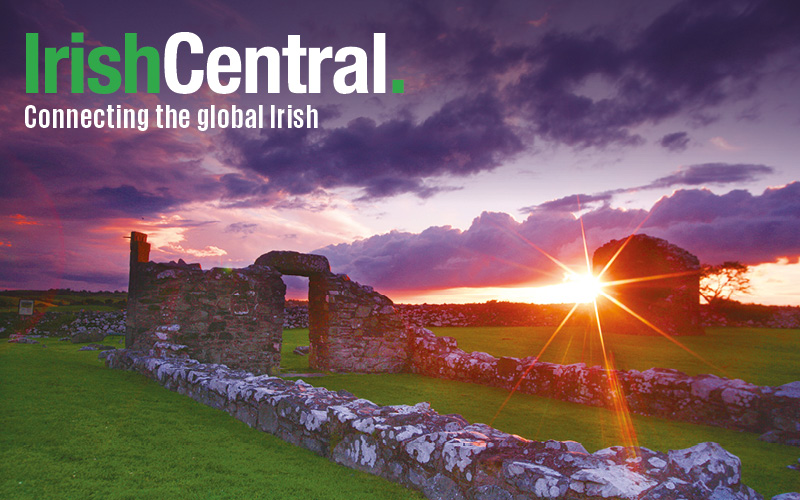THE two men who will shape the future of Irish politics when they take up office next month have held face-to-face talks in Belfast this week as a major new economic inducement was unveiled to encourage southern business tycoons to invest north of the border.In May, Peter Robinson and Brian Cowen will become first minister and taoiseach (prime minister) when Ian Paisley and Bertie Ahern finally stand down from politics.Both men have served as loyal deputies to their outgoing leaders. In Robinson's case he has waited in the wings for Paisley's departure for nearly 29 years.In contrast Cowen is the proverbial new boy, having only had to play second fiddle to Ahern for the last six years.But when Cowen and Robinson take up office next month they are unlikely to carry on the political leadership styles of their predecessors.While Paisley and Ahern were known for their people skills, both Robinson and Cowen are regarded as authoritarians.Ironically one thing both men do have in common is singing. Cowen is famous for having sung on a charity CD at his local pub. Last weekend Robinson's sister revealed that her brother had been a teenage singer/songwriter with a penchant for American pro-test songs.However, it is their single-minded, no nonsense attitude for which both men are better known.On Monday 59-year-old Robinson was officially accepted as the new leader of the Democratic Unionist Party (DUP) and in effect first minister of the Stormont Assembly when Paisley steps down next month.Ironically, one of Robinson's first leadership duties was to meet the incoming taoiseach.As finance ministers in their respective parliaments, but more importantly leaders-elect, both men have been working closely together behind the scenes for more than a year.However, relationships between the DUP and the southern government were not always so warm.In August 1986 Robinson was arrested by Gardai (police) after he led a group of 500 Loyalists in taking over the Co. Monaghan village of Clontibret. He was later found guilty of unlawful assembly and fined 17,500.It was a long way from the images of Paisley throwing snowballs at Taoiseach Sean Lemass as he arrived at Stormont for talks with Northern Ireland Prime Minister Terence O'Neill in the 1960s.However, this week's meeting between the two new leaders was much more than a PR exercise.Cowen and Robinson used their Stormont meeting to announce a potential 5,000 jobs boost for Northern Ireland. The incoming taoiseach announced the relaxation of tax laws to allow southern finance companies to establish subsidiary offices in Northern Ireland.Under the new agreement southern companies will be allowed to establish support services and middle management jobs north of the border.The new north/south arrangements are understood to be technically complex but highly significant in practical and political terms. The new arrangements will effectively allow Northern Ireland to piggy back on the huge business successes that its southern counterpart has enjoyed over the last 30 years.In the 1980s the International Financial Services Center was set up in Dublin with lucrative tax breaks for international companies. While thousands of jobs were created, there were strict rules about the way in which companies were allowed to operate.However, in recent years the south's finance business has become a victim of its own success with a huge shortage in graduate employees.Many U.S. companies have located their European headquarters in the Republic, leading to increased Irish-European ties. Finance companies now hope to find suitable employees north of the border.News of the southern jobs boost comes as all the signals indicate that British Prime Minister Gordon Brown is determined to cut down on the huge financial aid which is poured into Northern Ireland every year.Nearly two-thirds of the North's workforce is employed in the public sector government. British government subvention totals 10,000 million, or one-fifth of Northern Ireland's economic output.In contrast, the Republic has the second highest per capita income of any country in the European Union and the fourth highest in the world.




Comments